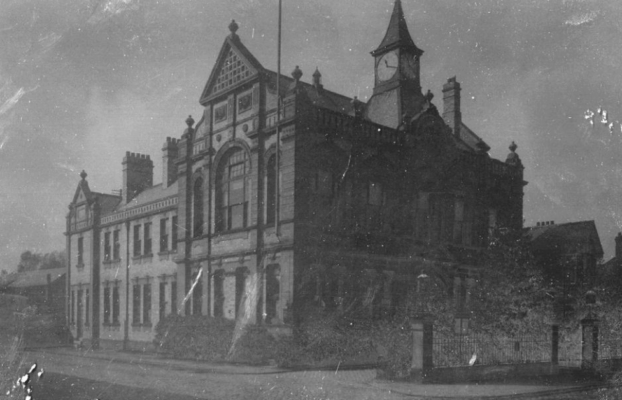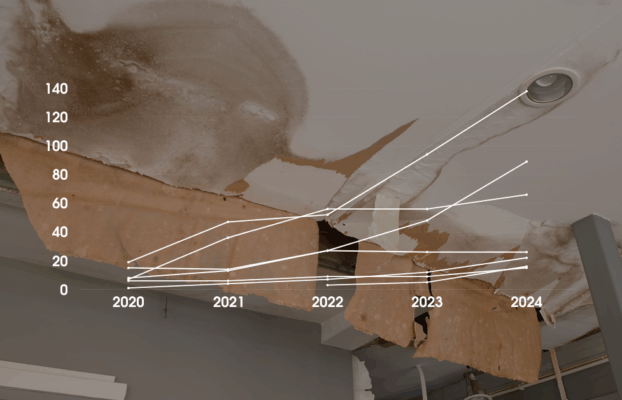At Pabla & Pabla Solicitors, we are able to offer our clients a Conditional Fee Agreement (or CFA for short) to fund their case. These agreements are commonly known as “No Win, No Fee” agreements.
CFAs were introduced under the Conditional Fee Agreements Order 1995. Before this, the clients would typically have paid their solicitor’s privately on a monthly basis as their case went on. CFAs were designed to make legal services accessible to anyone – regardless of their ability to pay fees upfront.
This type of agreement can appear complex, but in simple terms it is an agreement between a solicitor and client that there will be no charges unless the case is successful. If it wasn’t for Conditional Fee Agreements, many wouldn’t be able to afford to bring a claim, as paying up front for legal costs can be too expensive and too risky.
‘No win, no fee’ agreements explained:
It’s quite simple! If you give us information about your claim, and we believe you are likely to win, then we will offer you a Conditional Fee Agreement. This means you won’t have to pay any of our legal fees up front or during the lifetime of the claim, and there will be no charge for our legal fees if you don’t win your claim.
What happens if I win under a no win, no fee agreement?
 The majority of the claims we make for clients are successful. On these cases, we charge a “success fee” on top of our normal hourly rate charges, to reflect the risk that we don’t get paid unless you win. The success fee can range from 0 – 100% of our normal hourly rate charges, and will depend on the risks of your particular claim. At Pabla & Pabla, we will always explain any potential fees and charges to you at the outset of your claim.
The majority of the claims we make for clients are successful. On these cases, we charge a “success fee” on top of our normal hourly rate charges, to reflect the risk that we don’t get paid unless you win. The success fee can range from 0 – 100% of our normal hourly rate charges, and will depend on the risks of your particular claim. At Pabla & Pabla, we will always explain any potential fees and charges to you at the outset of your claim.
The success fee gets deducted from your compensation when your claim is successful, along with any other basic charges that haven’t been recovered from your opponent. However, we will always agree to cap any fees that you have to pay us at a fixed percentage of your compensation. This gives you the certainty that you will not have to pay anything up-front, and you will receive compensation if your claim is successful.
At Pabla & Pabla, we are always happy to discuss our fees up front with our clients and always make sure that every step of the process is explained to you. Ultimately, we are here to help you seek justice for a wrong you have suffered.
Are there any other charges I should know about?
![]() Yes, there can be other charges incurred over the lifetime of your claim. With most claims there will be charges for things like medical experts, court fees, barristers and other relevant experts we have to consult with. These are paid by your opponent if you win, but are not covered by the Conditional Fee Agreement. If you lose, then you are liable to pay these charges.
Yes, there can be other charges incurred over the lifetime of your claim. With most claims there will be charges for things like medical experts, court fees, barristers and other relevant experts we have to consult with. These are paid by your opponent if you win, but are not covered by the Conditional Fee Agreement. If you lose, then you are liable to pay these charges.
Some people have pre-existing legal expenses insurance to cover this, but you may not. At Pabla & Pabla, we encourage our clients to take out an After The Event insurance policy (or ATE for short) to cover these costs if your claim is unsuccessful.
The ATE policy works in the same way as a No Win, No Fee agreement. No payment is required up front, and there is no charge if your claim is unsuccessful. The premium for the policy is paid from your compensation at the end of a successful claim. The price of ATE policies vary significantly depending on the value and type of the claim, however they start at just £25+ Insurance Premium Tax.
In short, without ATE cover, you could be liable to pay additional fees if your claim is unsuccessful.
What if I already have legal expenses insurance?
At Pabla and Pabla Solicitors, we act for many clients who already have a policy of legal expenses insurance taken out prior to an accident. These are commonly included as additional benefits on home insurance or motor insurance policies. Where a legal expenses insurance policy will cover the costs of a claim, there is no need to take out an additional ATE policy. There would usually be no success fees to apply, or any deductions to make from compensation to cover fees. If you already have legal expenses cover, please discuss this with us at the earliest opportunity.
Key points on no win, no fee agreements:
- A ‘no win, no fee’ agreement is technically a Conditional Fee Agreement. Under a CFA, if your claim is unsuccessful, you’ll pay us nothing.
- CFAs were designed to help people seek legal representation and provide access to justice.
- You should strongly consider After the Event (ATE) insurance for your CFA claim.
- If you already have legal expenses insurance, you likely won’t have to take out an additional ATE policy.






















